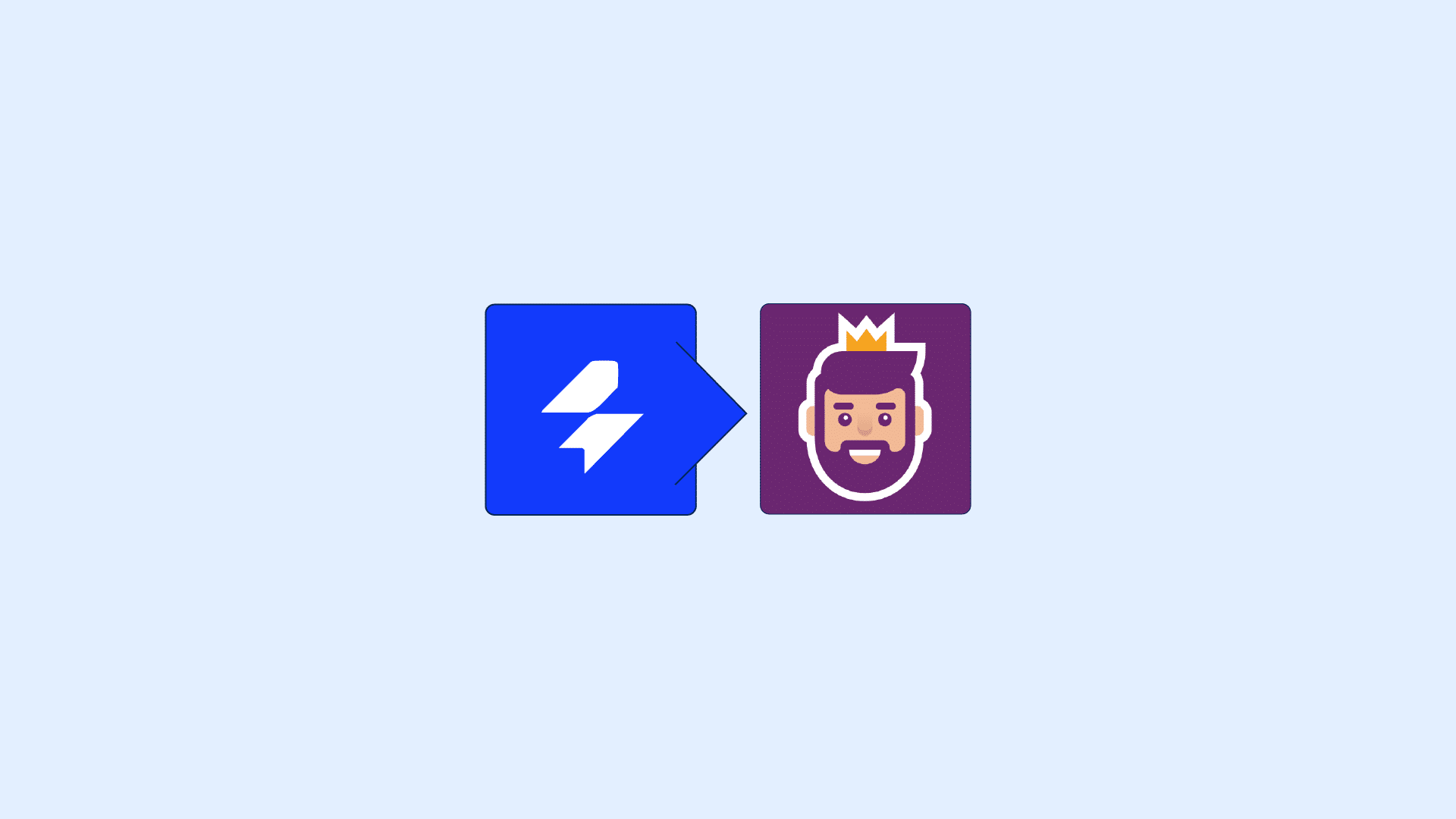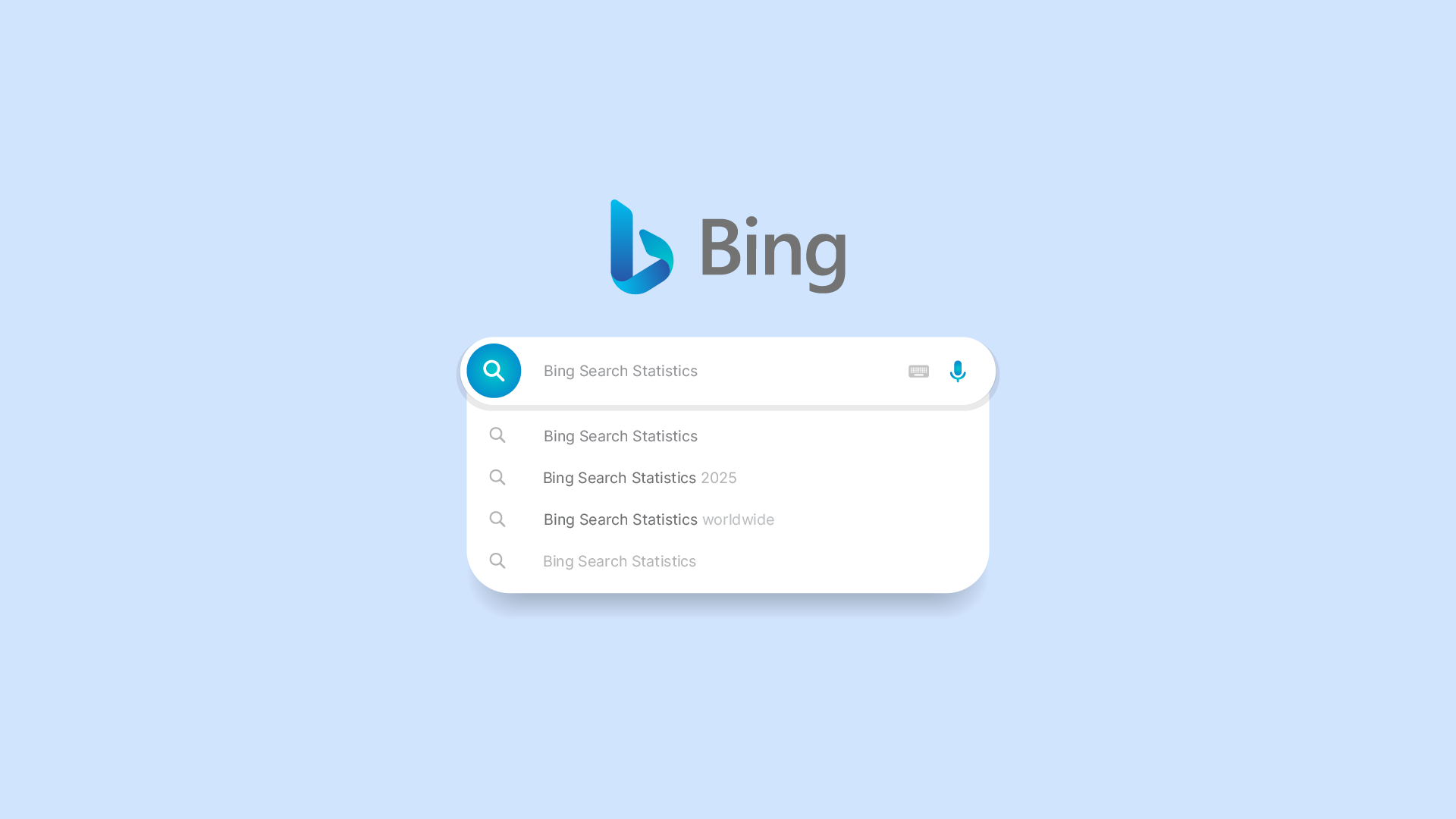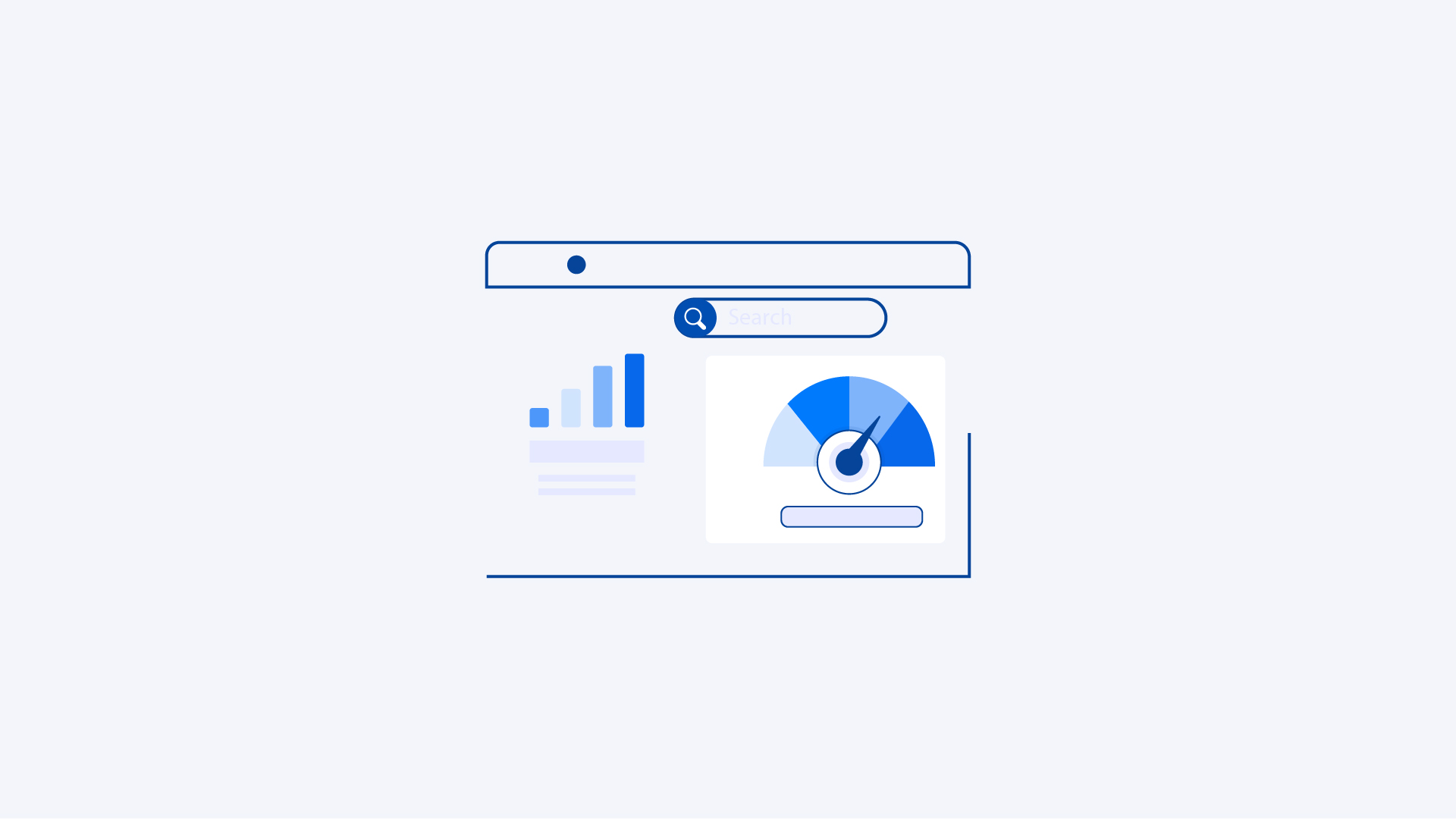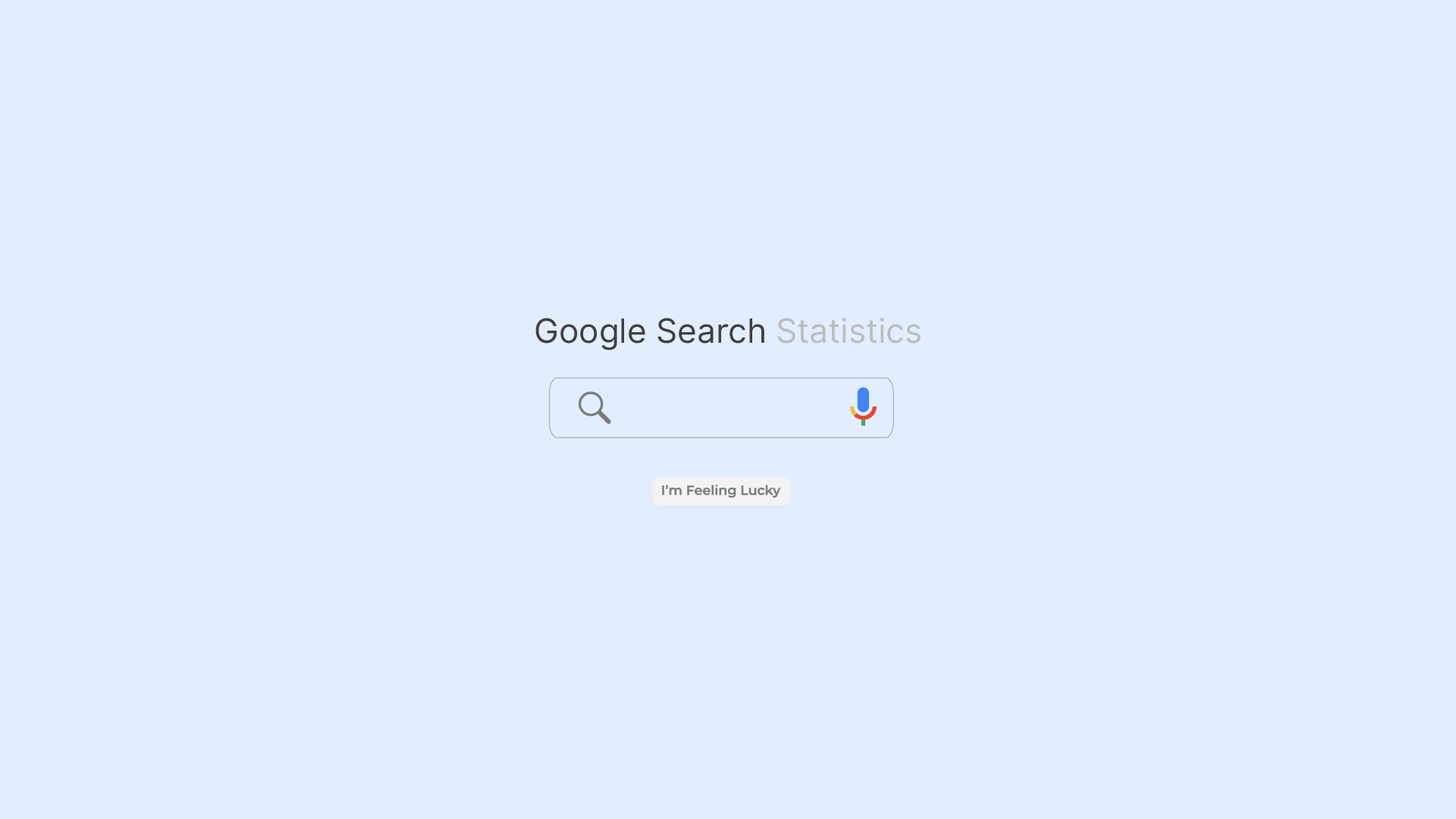Crafting the perfect SEO page title is an essential step in enhancing your website’s visibility and attracting more clicks.
With search engines increasingly prioritizing user experience, having optimized titles can significantly impact your search rankings and click-through rates.
Whether you’re a seasoned SEO expert or a beginner looking to improve your site’s performance, these insights will guide you in crafting titles that stand out in search engine results pages (SERPs).
To boost your search rankings, start with SEO page title best practice. This article delves into the best practices for creating effective SEO page titles, offering practical tips to ensure your titles are both engaging and optimized for search engines.
Key Takeaways
SEO page titles are critical for search engine visibility and user engagement, influencing click-through rates and search rankings.
Effective title tags should include primary keywords, remain within 50-60 characters, and utilize engaging language to improve clarity and attract potential visitors.
Regular monitoring and updates of SEO page titles are essential for maintaining relevance and optimizing performance, utilizing tools like Google Search Console and plugins such as Yoast SEO.
Understanding SEO Page Titles
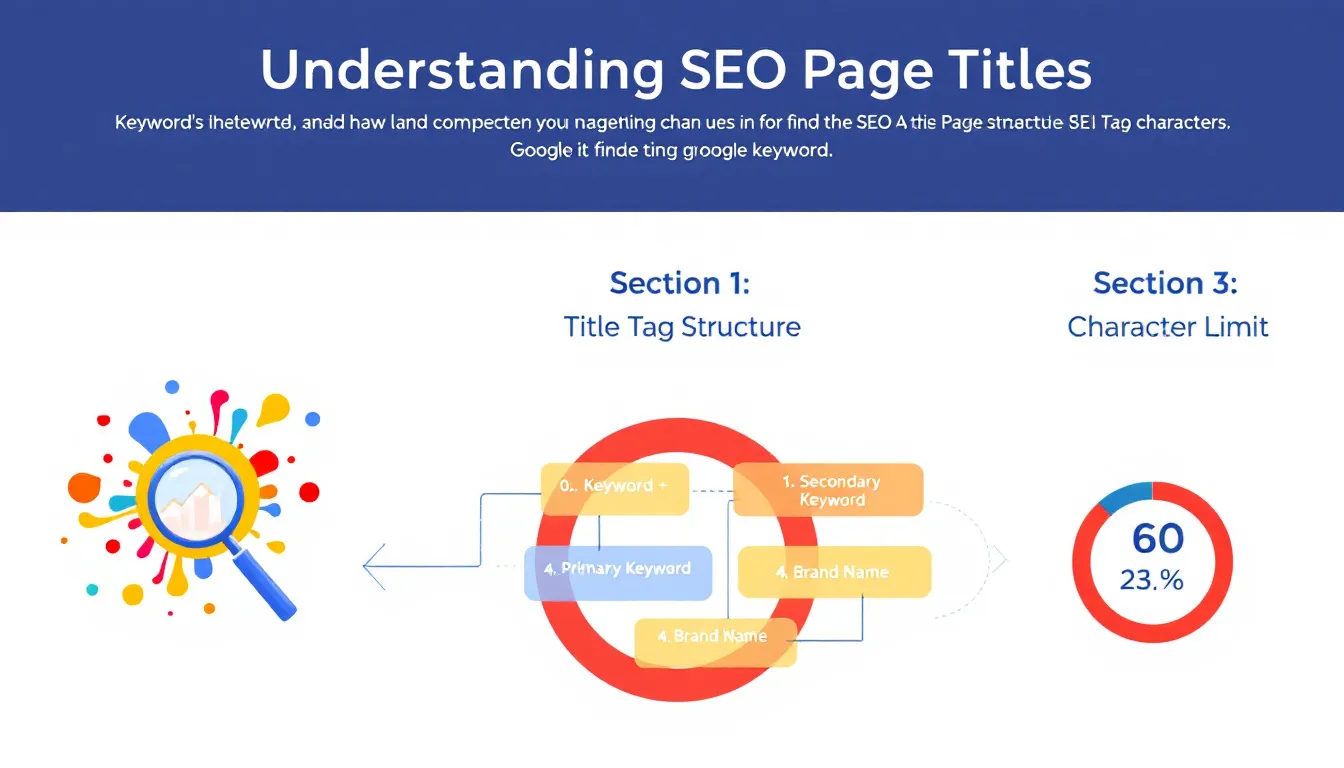
SEO page titles are crucial HTML elements that determine a web page’s title, playing a key role in search engine optimization.
They improve search visibility and CTR, while also enhancing user experience with default names for bookmarks and browser navigation aids.
What Are SEO Page Titles?
SEO page titles, or title tags, are HTML elements placed within <title> and </title> tags in the header of an HTML document.
They convey the content and purpose of a webpage to search engines and users, unlike H1 tags that focus more on the on-page text.
A good title tag should include the main title appearing on the page, often called the meta title or page title.
This title appears as the clickable headline in search engine results. Clearly describing the content helps search engines grasp the page’s relevance to a user’s query.
Why Are SEO Page Titles Important?
SEO page titles are immensely important. Well-crafted title tags boost click-through rates (CTR) by making search results more attractive to users.
Unique and descriptive titles draw the right audience, increasing organic visibility and CTR.
Title tags are essential for conveying your brand and attracting clicks, boosting user engagement. They influence how search engines categorize pages, affecting visibility and rankings in SERPs.
Search engines rely on page titles over 80% of the time to determine relevance and display in search results.
Optimized title tags can lead to higher rankings, more website traffic, and a better user experience. Properly optimizing your SEO title tags ensures your content is visible and appealing to potential visitors.
Crafting Effective SEO Page Titles

Creating effective SEO page titles is crucial for on-page SEO, influencing search rankings and click rates.
Including primary keywords and keeping titles within an optimal length can greatly enhance your site’s visibility and user engagement.
Include Primary Keywords
SEO page titles should precisely address the search query to boost visibility. Including the primary keyword early in the title tag helps users and search engines grasp the page’s content quickly.
Descriptive keywords identified through research can further improve the effectiveness of your title tags.
Focusing on a single primary keyword in a title tag boosts ranking potential. Adding long-tail keywords alongside the primary keyword can enhance relevance.
Placing the primary keyword at the beginning of the title tag can improve visibility if it fits naturally.
Optimal Title Tag Length
SEO page title tags should ideally be under 60 characters. Keeping titles within 50-60 characters minimizes truncation risk in search results, ensuring the entire title appears as intended.
This approach maximizes user engagement and maintains the clarity and impact of your titles.
Use Engaging and Relevant Words
Specific and engaging language in title tags can significantly boost user engagement and click-through rates.
Words, numbers, and dates can make title tags more appealing. Including brand names in page titles can differentiate businesses from competitors and increase click-through rates.
Effective titles should be concise and descriptive to aid search engine ranking. Avoid overpromising and clickbait tactics, ensuring clarity and purpose in word choice.
Engaging titles lead to better performance in search results and social media engagement.
Structuring SEO Page Titles for Maximum Impact

Properly structuring SEO page titles enhances clarity and impact, vital for optimizing search engine performance.
Key strategies include front-loading important keywords, using separators for clarity, and maintaining consistency.
Front-Load Important Keywords
Positioning important keywords at the beginning of the title tag is crucial for SEO optimization.
This enhances SEO effectiveness by improving visibility and relevance in search results, including relevant keywords.
Utilize Separators for Clarity
Separators like pipes (|) or hyphens (-) in titles improve readability and help include secondary keywords. Pipes are efficient as they use the least pixel width, making them an ideal choice.
Consistent use of separators across titles enhances overall readability and brand recognition.
Consistency Across Titles
A consistent format across SEO page titles is crucial for brand recognition. A uniform title format builds brand identity and helps users easily identify and relate to your brand.
Avoiding Common SEO Page Title Mistakes
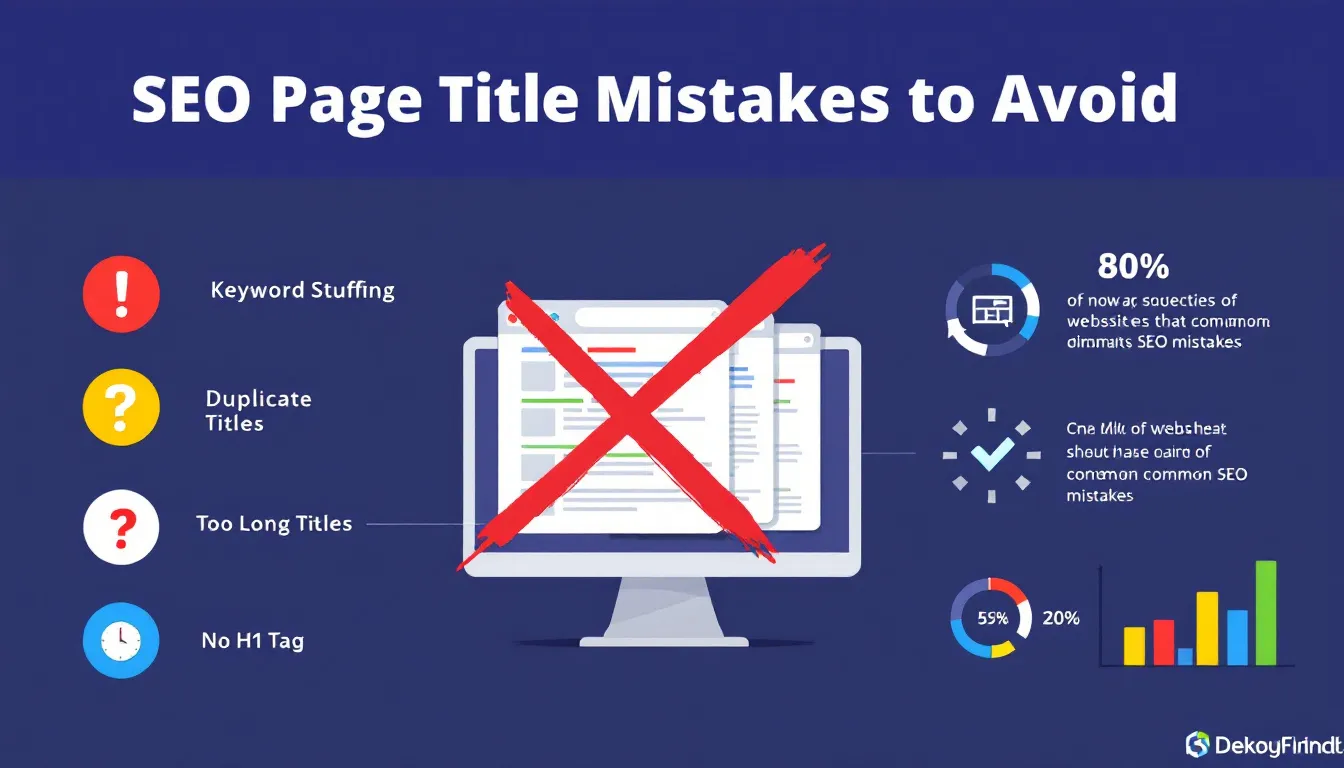
Avoiding common mistakes in SEO page titles is vital for optimal performance.
Issues like neglecting to update title tags regularly, keyword stuffing, and using generic titles can severely affect visibility and user engagement.
Avoid Keyword Stuffing
Keyword stuffing involves unnaturally forcing too many keywords into content, leading to negative reactions from Google and users.
Focus on accurately and concisely describing the page with one or two keywords to avoid keyword stuffing.
Unique Titles for Each Page
Unique SEO page titles for each page are essential to prevent confusion for users and search engines.
Distinct titles enhance linking from external websites, improving your site’s authority.
Run a site audit to find duplicate title tags and check for the ‘# issues with duplicate title tags’ error.
Tools like SEMrush’s Site Audit can identify missing or duplicate title tags, ensuring each page has a distinct and accurate title.
Steer Clear of Generic Titles
Generic titles can lower click-through rates by failing to convey the page’s content accurately.
Creating specific and descriptive titles that align with user search intent is crucial for enhancing engagement and visibility.
Monitoring and Updating SEO Page Titles
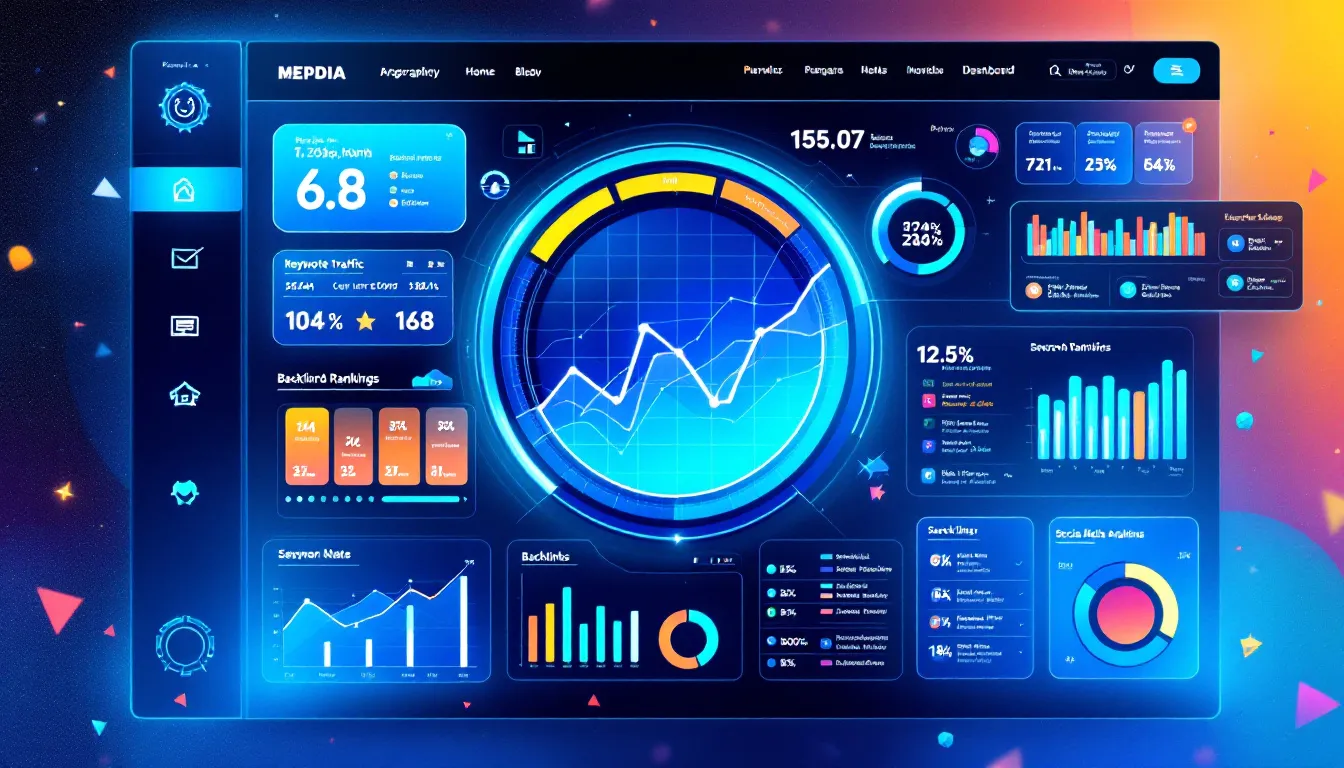
Regular monitoring and updating of SEO page titles is essential for maintaining their relevance and effectiveness as search trends evolve.
This practice ensures sustained performance and captures new traffic opportunities.
Analyze Performance with Google Search Console
Google Search Console is a powerful tool for monitoring SEO page title performance.
It tracks the click-through rates of individual title tags, helping to assess their effectiveness and identify optimization opportunities.
Pages ranking just outside the top three positions are prime candidates for title optimization.
Frequent updates to title tags can enhance user engagement by aligning more closely with current search behaviors. Additionally, Google rewrites title tags to improve relevance.
Regular Updates for Relevance
Regular updates to title tags can significantly increase traffic by enhancing relevance. Including dates in title tags can boost engagement and CTR, making the content appear more timely.
Update the title tag when changing the published date and H1 to maintain relevance. Keeping a URL updated with time-sensitive content ensures it stays fresh and enhances its ranking.
Tools for Optimizing SEO Page Titles
Tools like SEMrush, Yoast SEO Plugin, and Screaming Frog SEO Spider are invaluable for optimizing SEO page titles.
They provide tailored recommendations, ensuring your titles are effective and align with best practices.
Yoast SEO Plugin
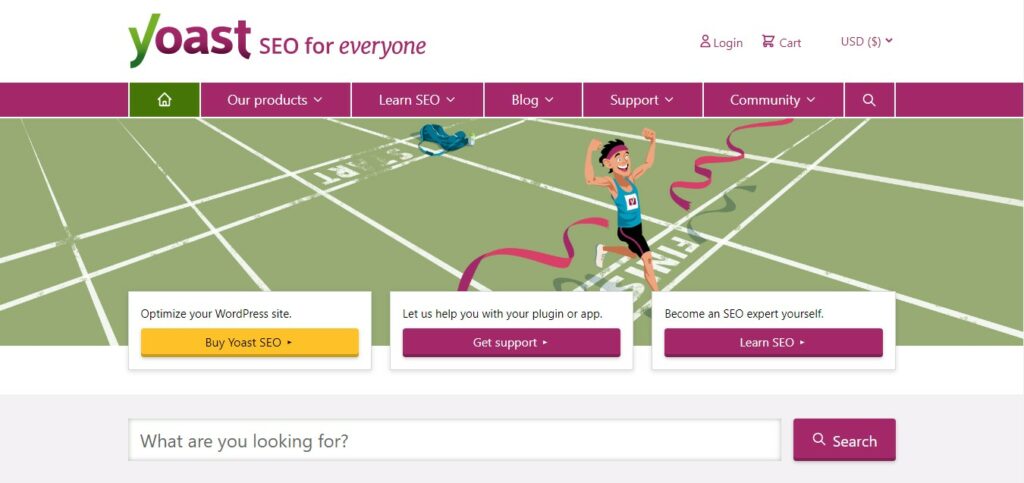
Yoast SEO is a popular WordPress plugin that optimizes various elements of web pages, including SEO page titles. It offers real-time feedback and suggestions for optimizing title tags while creating or editing posts.
Key features include automatic title tag generation, custom title format settings, and integration with keyword optimization tools.
Using Yoast SEO can enhance SEO page title performance, leading to improved visibility and CTR.
SEMrush Site Audit
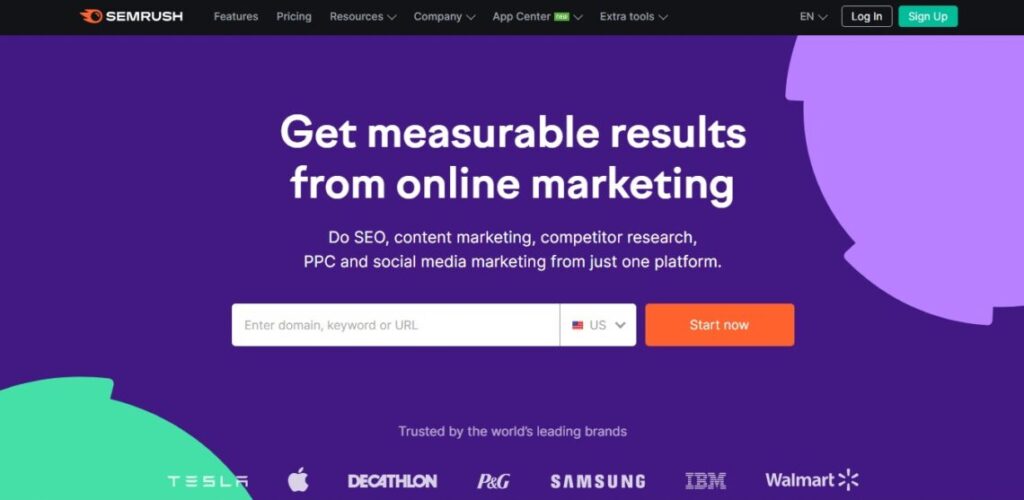
SEMrush’s Site Audit tool identifies missing title tags and highlights other critical on-page SEO issues. This tool is essential for ensuring your SEO page titles are optimized and follow best practices.
Screaming Frog SEO Spider
Screaming Frog’s SEO Spider analyzes meta tags, identifying missing, duplicate, and excessively long title tags.
It lets users see multiple titles and their associated issues at once, aiding in the effective crafting of optimized page titles.
Leveraging SEO Page Titles for Social Media and Browser Tabs
SEO page titles enhance user engagement on social media platforms and browser tabs.
Optimized titles significantly influence user interactions and improve visibility when shared on social media.
Titles in Social Media Previews
Social media platforms usually use the page’s title tag for linked web pages. Optimized titles enhance visibility and encourage user engagement with shared links.
Missing title tags can make posts look unprofessional, so ensuring they are present and optimized is essential.
Titles in Browser Tabs
Concise page titles help users efficiently navigate multiple tabs in their browser. Title tags display at the top of a browser window, allowing users to quickly identify and select the desired web page.
These titles offer essential information about the content, making it easier for users to manage multiple open pages.
Summary
In summary, SEO page titles are a fundamental element of on-page SEO that significantly influence search engine rankings and user engagement.
By understanding what SEO page titles are and why they are important, you can craft titles that enhance visibility and improve click-through rates.
Incorporating primary keywords, maintaining optimal title tag length, and using engaging and relevant words are essential practices for crafting effective titles.
Regularly monitoring and updating your SEO page titles, leveraging powerful tools like Google Search Console, Yoast SEO Plugin, SEMrush, and Screaming Frog SEO Spider, and ensuring your titles are optimized for social media and browser tabs are crucial for sustained performance and relevance.
Embracing these best practices will not only improve your site’s visibility on search engine results pages but also enhance user engagement and drive more traffic to your website.
Frequently Asked Questions
What are SEO page titles?
SEO page titles, or title tags, are essential HTML elements that convey the content and purpose of a webpage to search engines and users. They are crucial for improving search visibility and should be thoughtfully crafted.
Why are SEO page titles important?
SEO page titles are essential for enhancing search visibility and boosting click-through rates. They aid search engines in categorizing pages, influencing rankings, and engaging users by making search results more compelling.
How can I optimize my SEO page titles?
To effectively optimize your SEO page titles, incorporate primary keywords at the beginning, maintain a length of 50-60 characters, and ensure that each title is unique and descriptive. This will enhance your visibility and engagement in search results.
What tools can help me optimize my SEO page titles?
To optimize your SEO page titles effectively, consider using tools like the Yoast SEO Plugin, SEMrush Site Audit, and Screaming Frog SEO Spider, as they offer tailored recommendations and ensure your titles adhere to best practices.
How often should I update my SEO page titles?
It is advisable to update your SEO page titles approximately once a quarter to ensure they remain relevant and effective as search trends change. Utilizing tools like Google Search Console can assist in tracking performance and identifying optimization opportunities.



